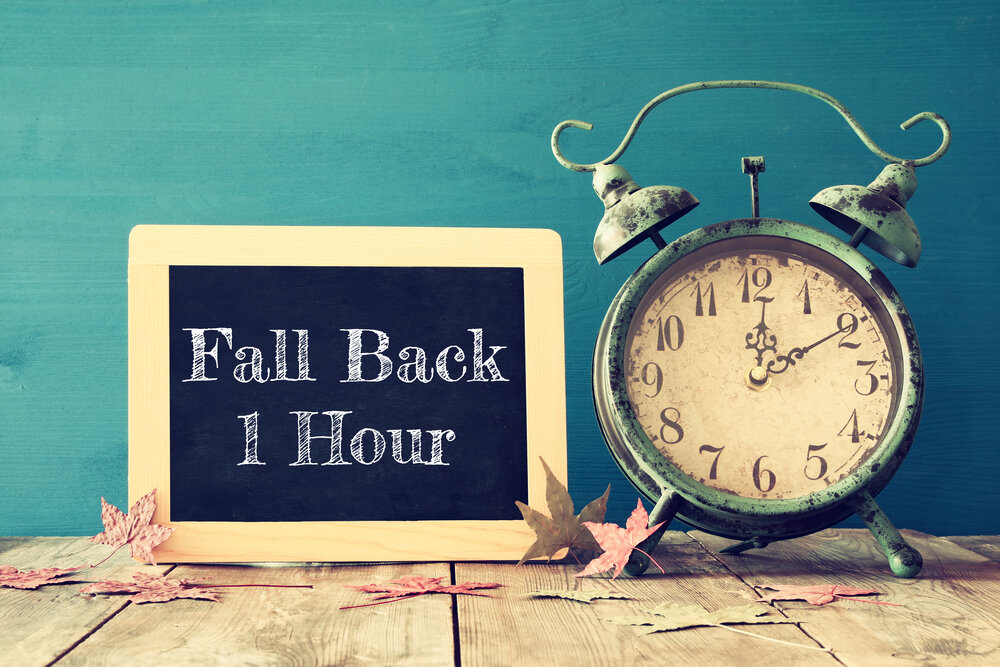
Overcoming the Daylight Saving Transition
International Gain-An-Hour-Of-Sleep Day is right around the corner. We get an extra hour in bed that Sunday morning and a journey to and from work while it’s still dark out.
Although this sounds amazing to some, it can actually have a negative effect on our sleep if not handled and prepared appropriately. The end of Daylight Saving Time has a much larger impact on our lives now that we’ve brought little ones into the world too. This makes the new sleep transition more of a nightmare than a dream.
The Daylight Saving transition throws a spanner in the works because our internal clock (our circadian rhythm) is affected. This internal clock is what helps us get up in the morning and feel sleepy around the same time each night. Our children are still learning to deal with and manage their internal clocks, so the end of Daylight Saving Time can cause more stress and inconsistency at bedtime.
Because clocks will be falling back an hour, our kids will be more likely to struggle to get to sleep at a later time. With school in session and daily routines to stick to in the morning, they may actually end up losing sleep. This can affect their focus and mood.
We know this time can be daunting to think about, especially when it’s affecting your sleep schedule as well. Here are some easy tips to help you get over the bedtime transition hump.
Daylight Saving Transition Sleep Tips
- Put your family to sleep 15-20 minutes later each night in the week leading up to the time change. A gradual progression to a new bedtime eases the transition instead of an abrupt shift. It also helps ensure everyone gets the optimal amount of sleep.
- That being said, make sure your children wake up with the amount of sleep they need for their age group:
- 3-5-year-olds need 11-13 hours
- 6-9-year-olds need 10-11 hours and are more tired from school so are ready for bed by 7:30 pm
- From 10 years old, kids need around nine hours for good daytime alertness
- Set a strict routine. To help transition to a new sleep cycle, be sure to go to bed and wake up at the same time every day. And yes, that does include weekends.
- Try to be patient with your little ones as they adjust to the new bedtime routine. Think about how you feel when your sleep schedule changes and remember it’s just as confusing for children. Tantrums may occur more often, which is where mindful meditations like Blinki’s Happy Moments, from the Moshi app, can help.
- Bedroom environments should be relaxing. This means a dark room with low-level lighting, a comfortable bed and a room temperature that is neither too hot nor too cold. Ask your child what they need to help them feel peaceful and secure in their bedroom at night.
- Once it’s time to lay down for bed, bring in soothing Moshi Stories to help relax the body and mind. Listening to a variety of stories and music is essential. A new story might be a nice treat but an old favorite might be just what they need to drift off effortlessly.

The Moshi app is an easy way to help your child snuggle down and get ready for sleep. The relaxing melodies are just the thing to help kiddos slip into a transitioned bedtime routine more easily.
Overcoming the end of Daylight Saving Time with your little ones doesn’t need to be a worrisome thought. In fact, with these tips, we think it’ll be a piece of cake!